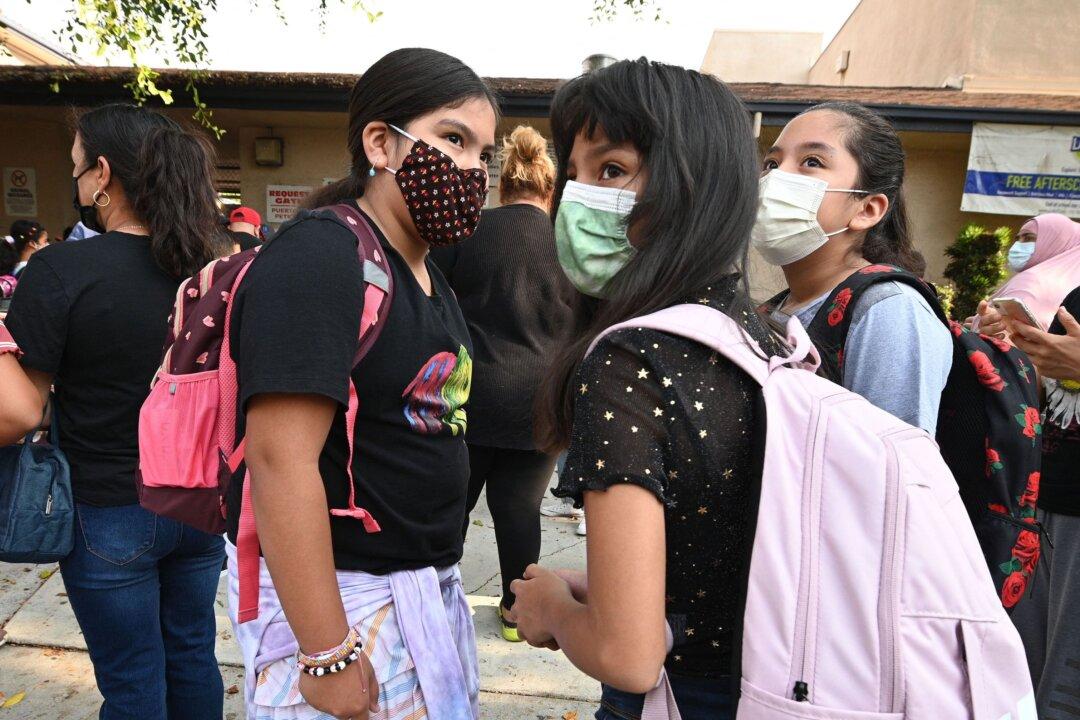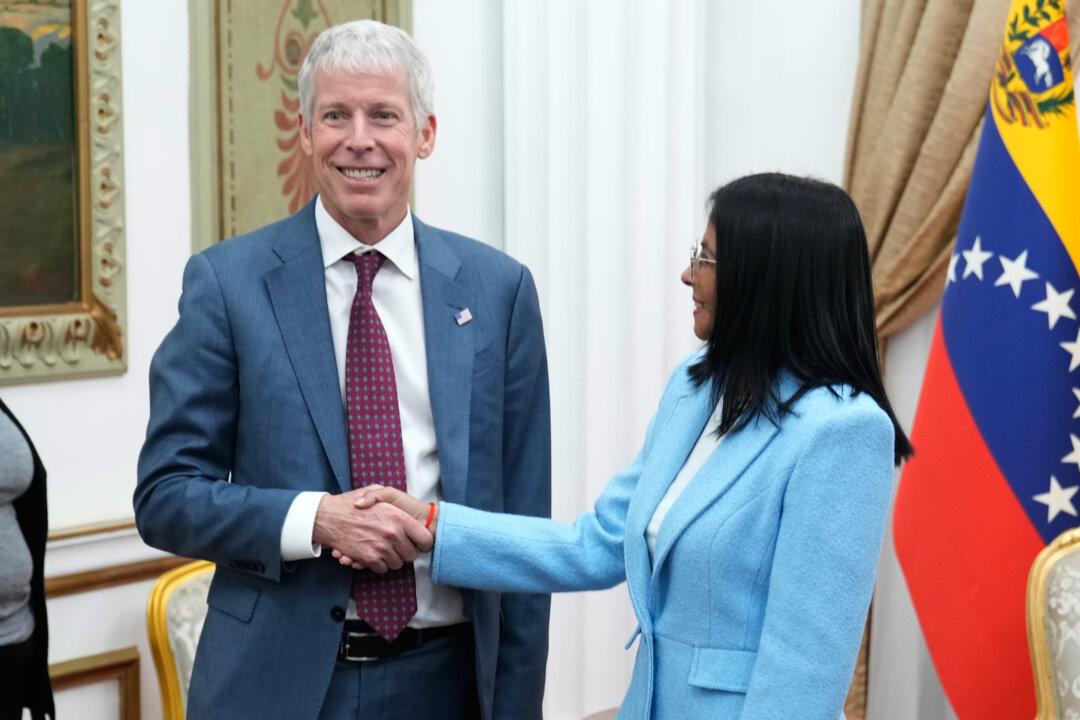A district court judge has ruled in favor of a university professor who was terminated from her position for challenging COVID-19 mandates, allowing her First Amendment lawsuit against the institution to move ahead.
Professor Patricia Griffin, who was formerly employed as a professor at the University of Southern Maine, had filed a lawsuit (pdf) alleging that the institution terminated her for asking valid questions about mask and vaccination policies on campus during the COVID-19 pandemic period. She claimed that the university’s action against her violated free speech rights protected under the First Amendment.





